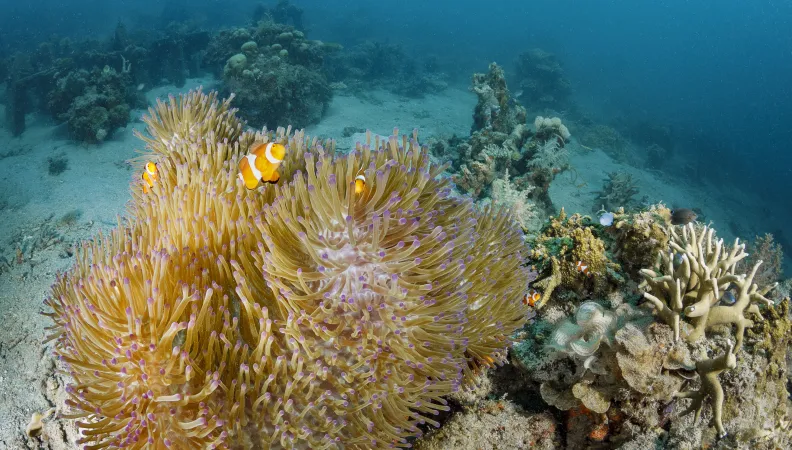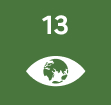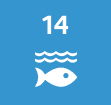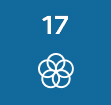Share the page
Restoration of coastal ecosystems to enhance the resilience of coastal communities (RECOS)
Project


-
Project start date
-
Status
In progress
-
Estimated date of project termination
-
-
Project financing date
-
-
Financing duration
-
5 YEARS
-
Type of program
-
FFEM
-
Global financing amount
-
10000000 €
-
FFEM financing amount
-
1500000 €
-
Project lead member institution(s)
-
AFD
-
Country and region
-
Indian Ocean
-
Type of financing
-
Grant
-
Partners
-
French Development Agency
-
Type of beneficiary
-
International organisation



Coastal and marine ecosystems in the south-west Indian Ocean are essential both to the food security of coastal populations and to their adaptation to climate change. The FFEM is supporting the Indian Ocean Commission in encouraging partnered and integrated management and restoration of these environments.
Context
Coral reefs, seagrass beds, mangroves, estuaries, wetlands, coastal forests or dune environments… The food security and climate change resilience of coastal populations in the Comoros Islands, Madagascar, Mauritius, Réunion and the Seychelles depend on these marine and coastal ecosystems, which possess some of the richest biodiversity on the planet. However, these ecosystems have become degraded, and the ecosystem services which they provide are imperilled by non-sustainable management and high levels of human activity along these coasts.
To enhance the resilience to climate change of these coastal populations, the Indian Ocean Commission is running a project to restore these ecosystem services. It relies simultaneously on innovative pilot projects for restoring and supporting sustainable exploitation of these ecosystems, and on strengthening the management of these ecosystems at both national and regional scales.
Description
The project is split into four components:
- Strengthe the management of these coastal and marine ecosystems at different scales, and promoting expertise exchange between national and regional conservation networks.
- Implemente between 15 and 20 pilot projects for restoring and supporting sustainable exploitation of these ecosystems. This component is handled through the constitution of scientific working groups to strengthen regional cooperation. It also includes support for integrated coastal zone management initiatives (ICZM).
- Communicate, raising awareness of, capitalising upon, and leveraging good practices, particularly among the young and in schools.
- Manage, coordinating, monitoring and assessing the project.
Outcomes
- Enhance the resilience of coastal populations to climate change.
- Improve the governance of marine and coastal ecosystems, particularly through supporting integrated coastal ecosystems management initiatives.
- Extend regional scientific cooperation and generating knowledge of coastal ecosystems.
- Implemente innovative actions for restoring and supporting sustainable exploitation of these ecosystems, for example through soft technology to combat coastal erosion, coral farming or obtaining reserve classification for the biosphere.
Innovative and exemplary features
The project focuses on the integrated management of coastal and marine environments via an unprecedented partnership approach, particularly between local researchers in science and conservation. The information sharing that this helps to yield regional co-governance of ecosystems. The project thus contributes to the development of public policy to protect the ecosystems among the member States of the Indian Ocean Commission.
The 19 pilot projects are either larger scale versions of proven models or test-beds for novel solutions. They can be replicated in other regions or at other scales.
Sustainable Development Goals
ODD13 Climate action

ODD14 Life below water

ODD17 Partnerships for the goals



